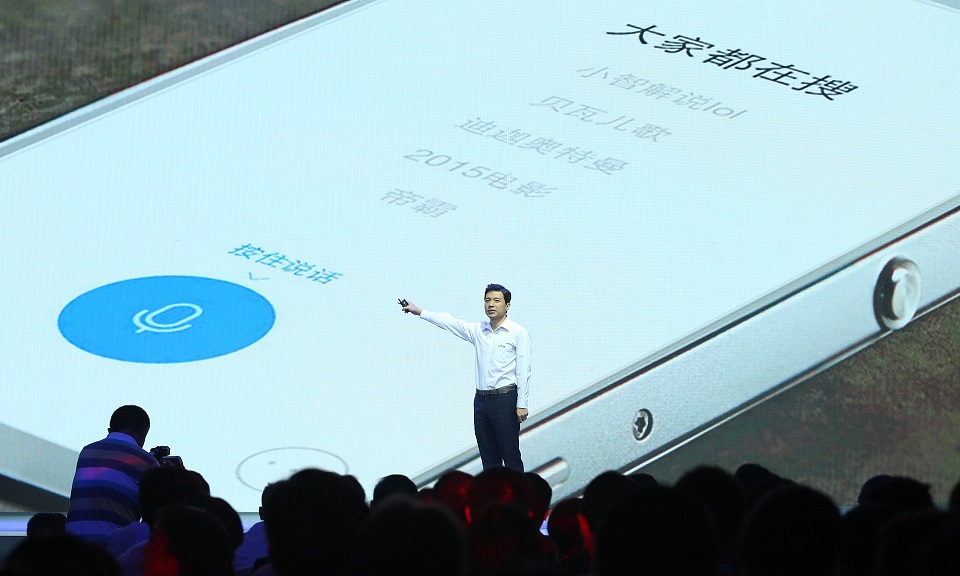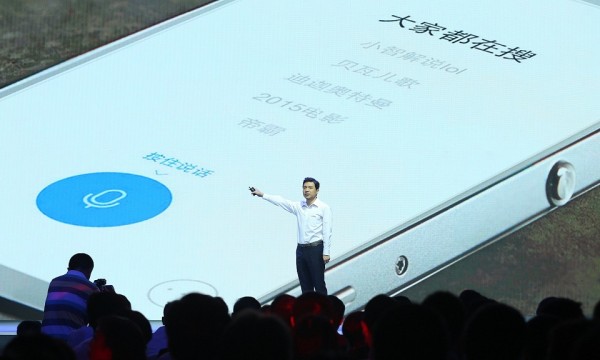Chinese Internet search giants Baidu, which has been pushing hard on artificial intelligence research, has unveiled its own digital assistant app. Called “Duer”, the app will live in Baidu’s search app in a similar manner to Google Now.
“Duer”, which roughly translates to “Du Secretary”, is Baidu’s first major AI product. The company had actually hinted about this at the recent Lenovo Tech World in June, where Baidu CEO *NAME* made an appearance for a keynote speech. At this week’s Baidu World Conference in Beijing, the company often referred to as the Google of China strengthened that reputation with the launch of “Duer”.
Baidu states that “Duer”, which is baked into the company’s popular search app, will be able to conduct searches, order food and access other services from the app. Just like Google Now, users can and are encouraged to use “Duer” with their voices; in future, Baidu expects “Duer” to be able to control other devices at home and even integrate with other service providers, such as healthcare products. As a household name for search in China as well as offering its own Android app store, the adoption rate of “Duer” will likely accelerate among Baidu’s current user base.
“Duer” is expected to be the heart of Baidu’s Internet of Things (IoT) push, and it isn’t hard to see why: Google Now has integrated so seamlessly within Google’s services, Microsoft has its Cortana app, and the recent introduction of Siri into the new Apple TV both show an AI-controlled digital assistant is fast becoming a reality. Baidu has its own supercomputer for pioneering AI research (though there are some question marks about just how capable it is), and the IoT play is becoming increasingly prominent in China, where companies like Xiaomi are also creating interesting IoT solutions with its current range of products.
Baidu’s emergence as a strong AI and machine learning pioneer hasn’t escaped the attention of Google, either. The introduction of “Duer” could be another reason why Google appears to be ready to cooperate with China’s authorities and introduce the global, unforked version of Android for the Chinese market.
(Source: The Guardian via Engadget)
Follow us on Instagram, Facebook, Twitter or Telegram for more updates and breaking news.





